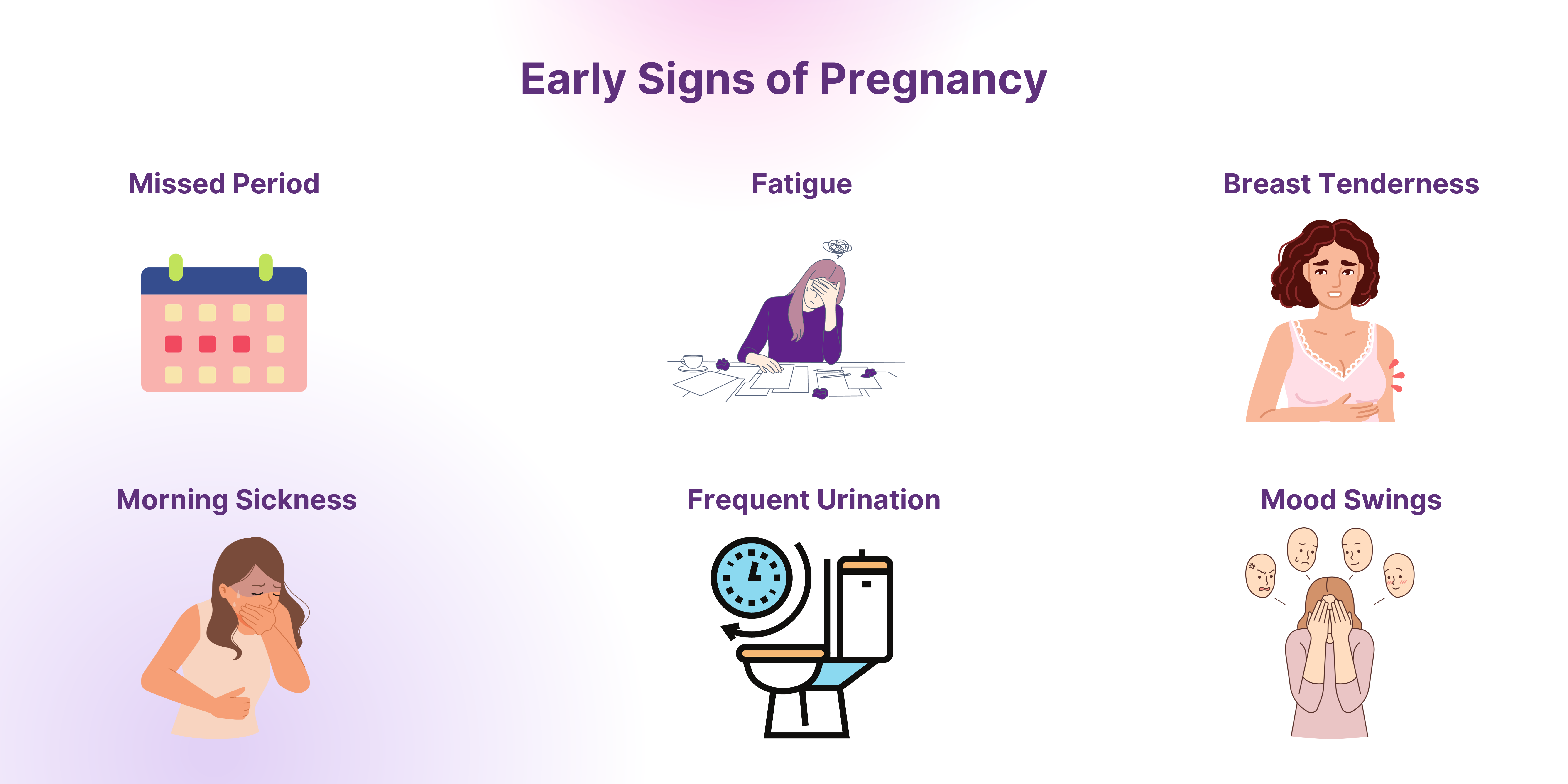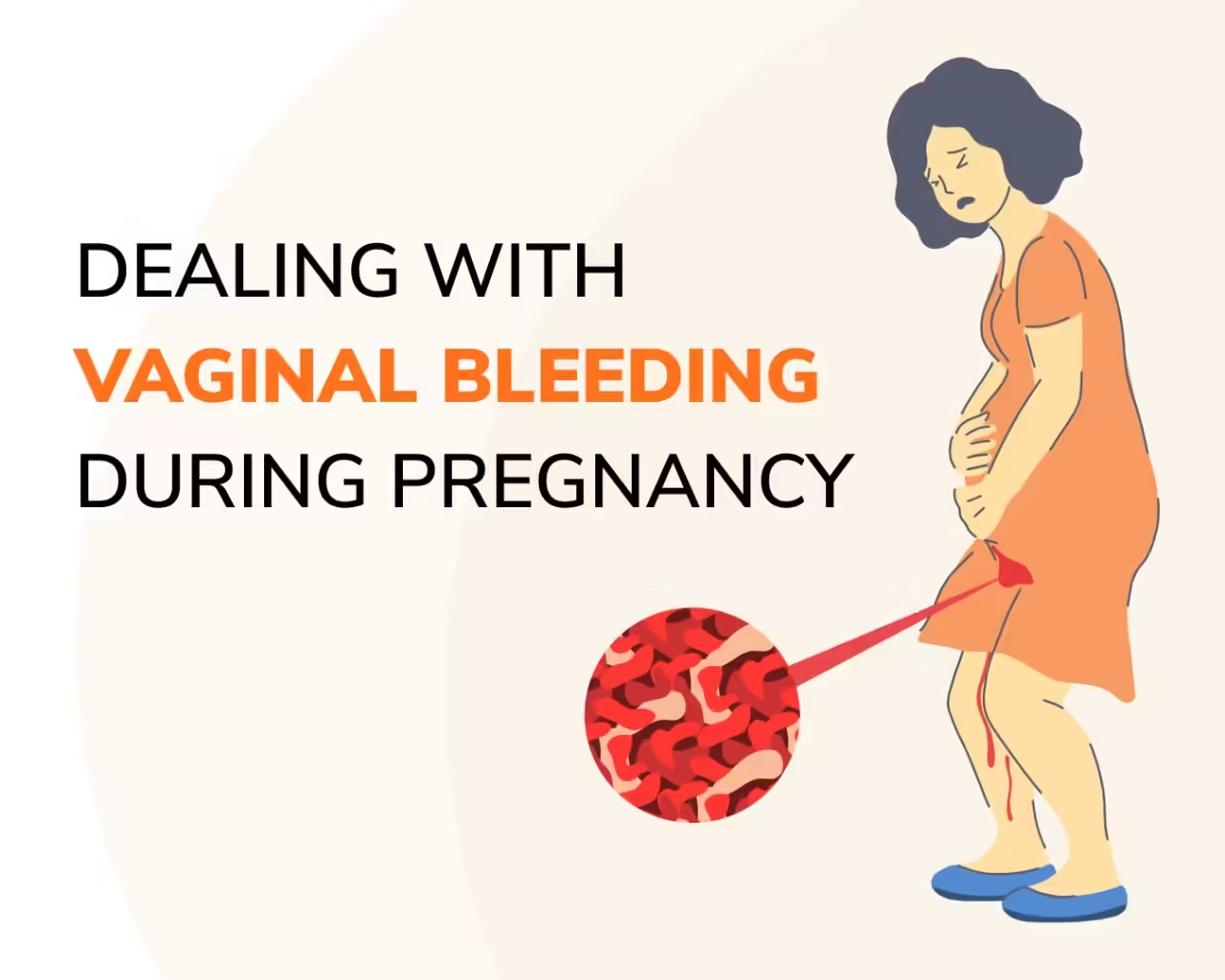Pregnancy symptoms are indicators a woman might be expecting. Many women begin to experience these symptoms within the first one to two weeks following late arrival of their period. They could have delicate breasts, for instance.
Pregnancy-Related Symptoms
Pregnancy symptoms are indicators a woman might be pregnant. Many women first begin to experience these symptoms one to two weeks following their missed period. Typical symptoms are sensitive breasts, mild spotting, fatigue, and morning sickness. Higher levels of pregnancy hormones induce these symptoms, which could also include minor cramps, frequent bathroom visits, bloating, mood fluctuations, and increased vaginal discharge everybody experiences symptoms differently some women may have extreme morning sickness while others might not show any symptoms at all which would result in what is known as a cryptic pregnancy see a doctor for prenatal care and a pregnancy test if you exhibit these symptoms this gets you ready to be a mother and helps guarantee a successful pregnancy.
In pregnancy what are the symptoms?
Whether it’s your first pregnancy how far along you are or how terrible your morning sickness is each person experiences pregnancy differently while some people might not feel any changes at all others may experience really strong morning sickness these symptoms follow from fast hormonal changes following fertilization should you be showing pregnancy symptoms, you may find the following.
1. Missed interval
Among the first signals of pregnancy is a missed period this occurs when an egg is fertilised by sperm and the body begins producing hCG or human chorionic gonadotropin made by the placenta 8–10 days following conception this hormone helps the fetus develop and suppresses ovulation therefore causing a missed menstruation but missing a period can also result from PMS too much activity, stress, hormonal fluctuations or severe dieting taking a pregnancy test will help you find the hCG hormone and verify your pregnancy should you believe you might be pregnant.
2. Morning nausea, vomiting and stomach trouble
Usually beginning two to eight weeks following conception morning sickness is a frequent early symptom of pregnancy it frequently combines nausea, vomiting, loss of appetite, headaches and vertigo usually occurring in the morning, some people experience nausea all day. Usually improving by the 12th week, morning sickness can return around the 32nd week before delivery. Hyperemesis gravidarum, severe morning sickness, can induce severe nausea and vomiting that results in dehydration, great exhaustion, and fainting. See a doctor straight away if you have severe morning sickness. Depending on their particular health, some women might not show any symptoms at all.
3. Swollen, tender, or changing breasts
Often one of the first symptoms of pregnancy, tender and swollen breasts show up few days after conception. These changes, with breasts feeling full and tingling, are like what you might experience before your period. Your bra will feel tighter as your breasts swell. The area around the nipple, known as the areola, will color; breast skin will get firmer and you may notice more obvious veins. Usually, within the first three months as your body responds to the pregnant hormones, these symptoms begin to ease.
4. Regular urinating
Often following a missed period, frequent urine is a common early indication of pregnancy to help the developing baby, your body generates extra blood and fluids while pregnant your kidneys work more as a result, which increases urine output and toilet visits your urine can look brown or orange, or darker overall. Particularly at night, the expanding uterus of the growing baby strains on the bladder, which may cause you more frequent urinating.
5. Weary
One typical complaint that can begin in the first week following conception is fatigue. The body generates plenty of progesterone throughout pregnancy to help the developing baby. This hormone can slow down your metabolism, so your body takes extra energy to break down food. You may thus feel more weary and worn out and get more cramps. Furthermore causing tiredness might be anemia from iron shortage or pregnancy’s spotting.
Which early pregnancy symptoms should one pay attention to?
Two to three weeks following ovulation and unprotected sex, early symptoms of pregnancy will be evident. Here the egg and sperm cross to begin the development of the embryo. By now the body generates significant levels of the hormone hCG, which causes changes observable in the urine usually, a pregnancy test taken at this period is trustworthy early indications of pregnancy consist in the following:
6. Seeing light vaginal bleeding
Early on in pregnancy, spotting also known as mild vaginal bleeding may arise during the first trimester this occurs when the embryo hooks itself to the uterine wall, occasionally resulting in little cramps or mild bleeding free from discomfort not all pregnant women, meantime, have spotting ongoing bleeding and stomach cramps could point to an ectopic pregnancy, subchorionic hematoma—bleeding from the placenta or a miscarriage see a doctor to find out what might be generating these symptoms.
7. Dizziness and headache
Hormonal changes and higher blood flow induce headaches and vertigo, early indicators of pregnancy the person will determine the degree of intensity these symptoms bring these problems could arise from hormonal changes, stress, sleep deprivation or caffeine withdrawal see a healthcare provider for a comprehensive check-up if you suffer ongoing headaches throughout pregnancy.
8. bloatedness
Higher levels of progesterone, which influences the operation of the digestive system produce bloating a common indication of pregnancy more gas in the stomach resulting from this can cause blushing and a sensation of fullness like premenstrual symptoms you may have stomach pain and bloating you might also pass gas more frequently.
9. Champsing
Usually occurring 1 to 2 weeks following conception, cramps can be one of the first symptoms of pregnancy like with menstruation cramps you may experience lower abdominal pain or cramps this results from the uterus expanding as the baby grows and the body producing additional hormones to assist the growing embryo usually, the cramps would linger two to three days before subsiding if you have extreme discomfort or cramps on one side though it may indicate an ectopic pregnancy or another problem seeing a doctor will help one to check these symptoms.
Ten: food desires and aversion
Common indications of pregnancy are food cravings and aversions. Your appetite may fluctuate; you can find yourself constantly hungry or experiencing strong desires for particular foods, such sour fruits, or even nonfood objects like earth or paper. You can also begin to enjoy or detest items you never gave any thought. To assist raise energy and calcium levels, some pregnant women also yearn for items that provide a rapid energy boost—like milk or dairy products.
11. acute scent perception
Early on in pregnancy brought on by hormonal changes, a heightened sense of smell is a clue. Even those she used to be able to tolerate well, a pregnant woman could become rather sensitive to smells. Like food, perfume, or housework supplies, some smells could make her lightheaded, queasy, or even cause vomiting. Additionally affecting food flavor is this increased sensitivity to fragrances.
12. Back pain
One early warning of pregnancy is backache. Changes in posture and balance follow from the muscles’, tendons’, pelvis’ relaxation and adaptation to accommodate the developing fetus. Back discomfort can arise from how you stand, walk, sit, and lie down depending on this additional weight try wearing supportive shoes, avoiding heavy lifting, selecting a mattress that is neither too soft or rigid, and sleeping on your side to relieve backache see a doctor and steer clear of self-medication if your pain is severe for alleviation, they might advise physical therapy or acupuncture.
Apart from the obvious indicators of pregnancy what more exist?
The body changes a lot over the forty weeks of pregnancy, which influences emotional as well as physical elements. Depending on a person’s general health, pregnancy symptoms and indicators could differ for some, irregular menstrual cycles could make it difficult to spot a missed period furthermore unique for every person are pregnancy symptoms other possible pregnancy-related symptoms and indicators include:
13. Vaginal secretion
Often resulting from greater oestrogen levels, which create more moisture and secretions in the vagina, vaginal discharge can indicate pregnancy usually clear, odorless, white, this discharge does not cause itching it substitutes pregnancy’s menstruation on the other hand, you should consult a doctor to look for suspected infections or other problems if you observe unusual discharge accompanied with a strong odor or itching.
14. Stiffness
Often brought on by high levels of progesterone, constipation is a frequent pregnant complaint this hormone slows down the digestive system and can also influence how food and fluids pass through the tract as the uterus grows to fit the developing baby, resulting in constipation and bloating try drinking extra water, eating high-fiber foods, and doing gentle workouts including yoga, swimming, or walking to help ease constipation see a doctor instead of relying on over-the-counter laxatives if constipation continues since they can advise a safe choice for you.
15. Changing moods
Hormonal changes throughout pregnancy cause mood swings. These swings could cause erratic mood changes ranging from sensitivity to impatience to regular wrath. Positive alterations in brain chemistry could, on the other hand, also make some pregnant women joyful and fulfilled but hormonal abnormalities or worries about the pregnancy might also cause emotions of despair, worry, or sadness see a doctor for a comprehensive assessment or depression test if you find yourself depressed consistently.
16. Dyspnea of Shortness
Because the hormone progesterone helps the body absorb more oxygen for the growing baby, a typical pregnancy complaint is dyspnea breathlessness results from this hormone accelerating the elimination of carbon dioxide from the mother and fetus growing baby might strain on the diaphragm as the pregnancy advances, making comfortable breathing more difficult faster breathing rates or the necessity for deeper breaths can follow from this.
17. Indigestion
Common during pregnancy, heartburn usually results from higher progesterone levels slowing down the digestive tract this hormone can cause the muscle linking the esophagus to the stomach to relax more than normal, therefore affecting the lower esophageal sphincter stomach acid can thus trickle back into the esophagus and produce heartburn the developing uterus strains the stomach as the pregnancy advances, forcing acid upward and causing heartburn, acid regurgitation, a sour taste in the throat, throat discomfort, nausea, and occasionally vomiting in fact, this can cause esophagitis, or inflammation of the esophagus.
18. Skin Problems
Pregnancy brings a frequent problem: acne mostly caused by a surge in the hormone progesterone following fertilization. Through sebaceous glands in the skin, this hormone increases oil output. Extra oil can block hair follicles, causing acne on the face, back, or other body area.
Only Pregnancy Tests Allow One to Verify Pregnancy
A missed menstruation can also be the result of stress or hormonal abnormalities, hence it is not necessarily a definite indicator of pregnancy. Likewise, a stomach or intestinal infection could produce nausea, dizziness, or vomiting; these conditions require a doctor’s diagnosis. Getting a pregnancy test in a hospital or clinic under the direction of a medical professional or qualified gynecologist is the most trustworthy approach to find out whether one is pregnant. Highly reliable and yielding answers within 1 to 2 hours, these tests Once pregnancy is confirmed, the expecting woman can begin prenatal care to receive direction and best practices for a good pregnancy for the baby and herself.




